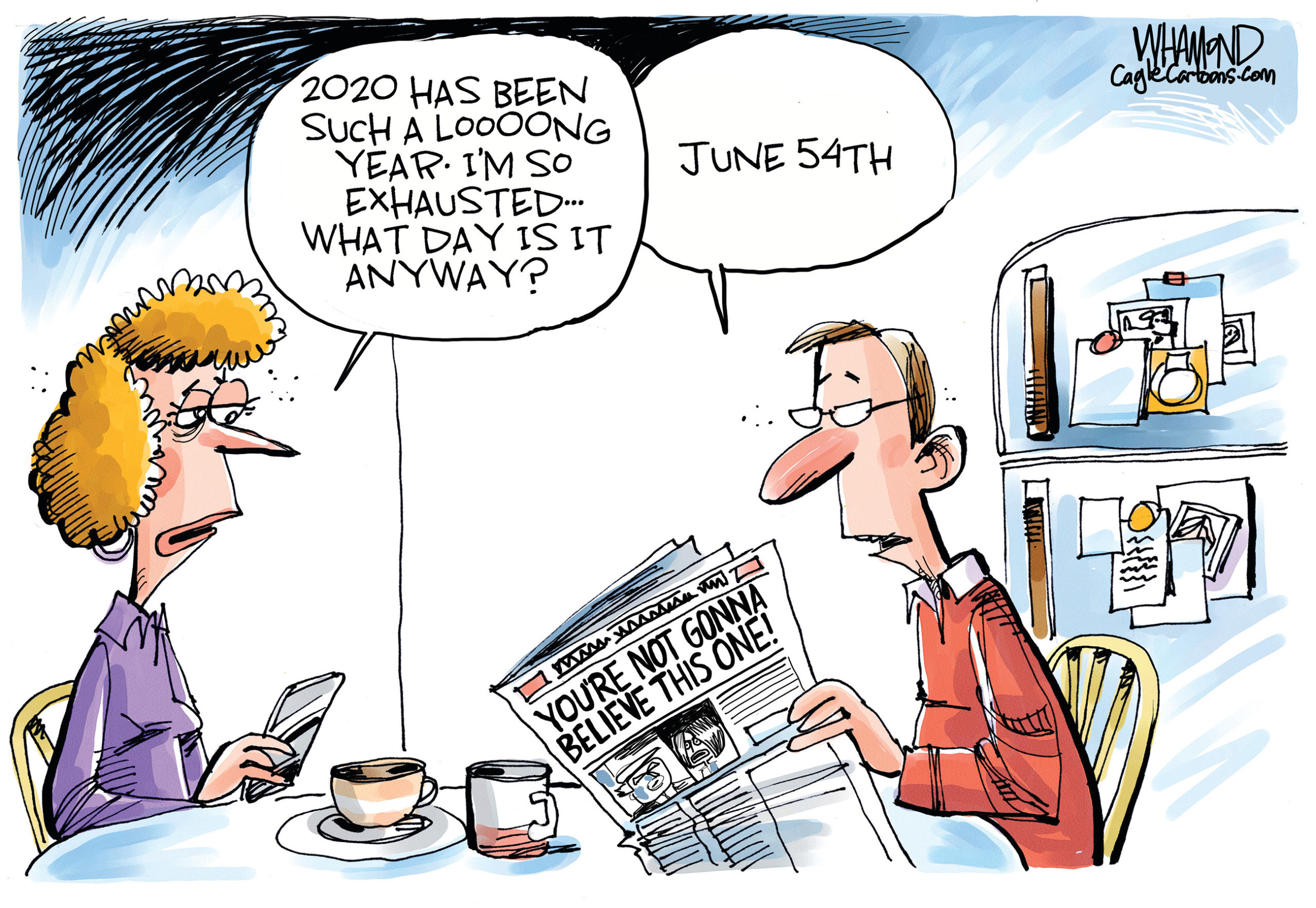
One Positive Side Effect Of The Coronavirus
By Lilly Kofler
If you noticed a lot more cash parked in your checking account lately, you’re not alone.
Americans haven’t been saving this much money since the Great Depression, and antiquated Depression-era values such as thrift and duty are making a comeback. But embracing those virtues doesn’t mean Americans have become more virtuous. The pandemic and resulting economic catastrophe have upended how we respond to certain behavioral cues.
In these unprecedented times, we’re behaving quite predictably.
The scale of this behavioral change is staggering. Before COVID-19, Americans ranked 19th in the world in retirement security. The personal savings rate had been inching up from 3.7% in 2007 to an average 8.2% in the first seven months of 2019 – but now it’s blown up: 12.7% in March and 33% in April, nearly doubling the previous record since they started asking the question in 1960.
When asked to explain this behavioral shift, most analysts blame shuttered retail outlets and vague credit fear for finally getting Americans to save, but the truth is that Americans aren’t making rational decisions even when making good decisions. We’re all simply responding differently to stimuli because the context in which we make decisions has changed.
Take the principle of time preference, for example, which plays a role in how one perceives an immediate or future benefit from saving money. Before, saving was for something in the future – retirement, travel, or uncertain calamities. Now, saving is for a clear and present economic danger as a quarter of all American workers have filed for unemployment.
Our tendency to forgot future benefits in favor of the here and now is something we call present bias. Present bias is the main reason Americans ran up huge credit card bills and failed to save for rainy days. We still have a bias for the present, but the incentives have flipped. Mind you, at 0% interest no one is saving for the future. COVID-19’s 2% mortality rate and the 14.7% unemployment rate incentivize saving for what might happen later today.
Loss aversion is another trick our brains play on us. We are more likely to act to avoid losses than we are to realize wins, even when the odds are better for a win and a loss wouldn’t hurt that bad. Before, loss aversion explained a lot of big bar tabs and splurging while on vacations. We expected to have good times and were willing to spend more so our experiences could meet those expectations. Now, the equation for loss aversion has dramatically shifted in the other direction as we’re focused on avoiding losing much more tangible things: jobs, housing, basic financial viability, even our lives.
No one can say for certain whether Americans will continue to save money when this is all over, partly because no one can say for certain when this is all over. How long we wait for a vaccine and whether we face successive waves of infections until then will likely determine whether the society that survives will return to rewarding displays of conspicuous consumption.
In today’s world, we admire essential workers nearly as much as we value essential products themselves. Will we recreate the Roaring ‘20s if the economy comes roaring back?
Right now, the best thing Americans can do to protect their financial security is to hoard money. Luckily, the behavioral cues incentivize optimal personal outcomes amid suboptimal public turmoil.
With so little to celebrate these days, we should take a moment to at least acknowledge this: It might have taken a deadly pandemic and economic cataclysm, but Americans are finally saving money.
–
Lilly Kofler is the Vice President of Behavioral Science and is the U.S. lead of Hill+Knowlton Strategies Behavioral Science Unit.
Viewpoints and perspectives expressed throughout The Independent are those of the individual contributors. They do not necessarily reflect those held by the staff of The Independent or our advertising sponsors. Your comments, rebuttals, and contributions are welcome in accordance with our Terms of Service. Please be respectful and abide by our Community Rules. If you have privacy concerns you can view our Privacy Policy here. Thank you!
Click here to submit an article, guest opinion piece, or a Letter to the Editor




